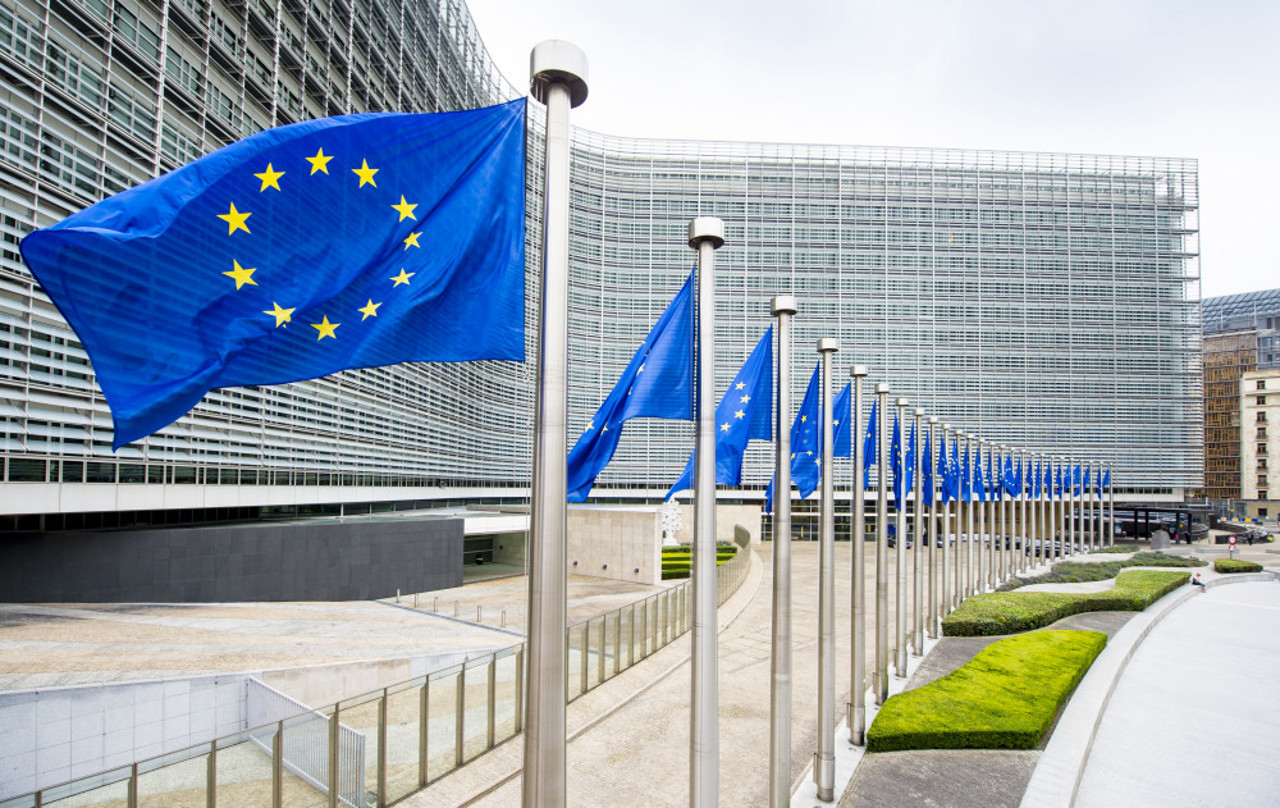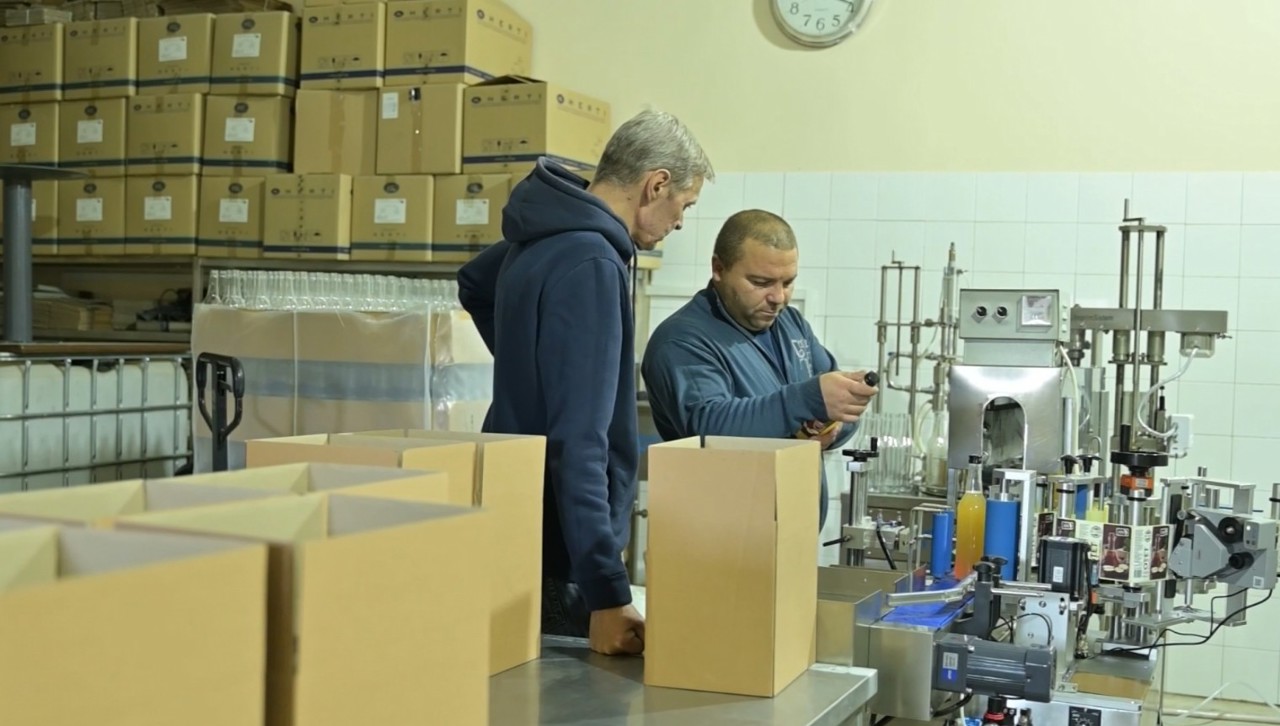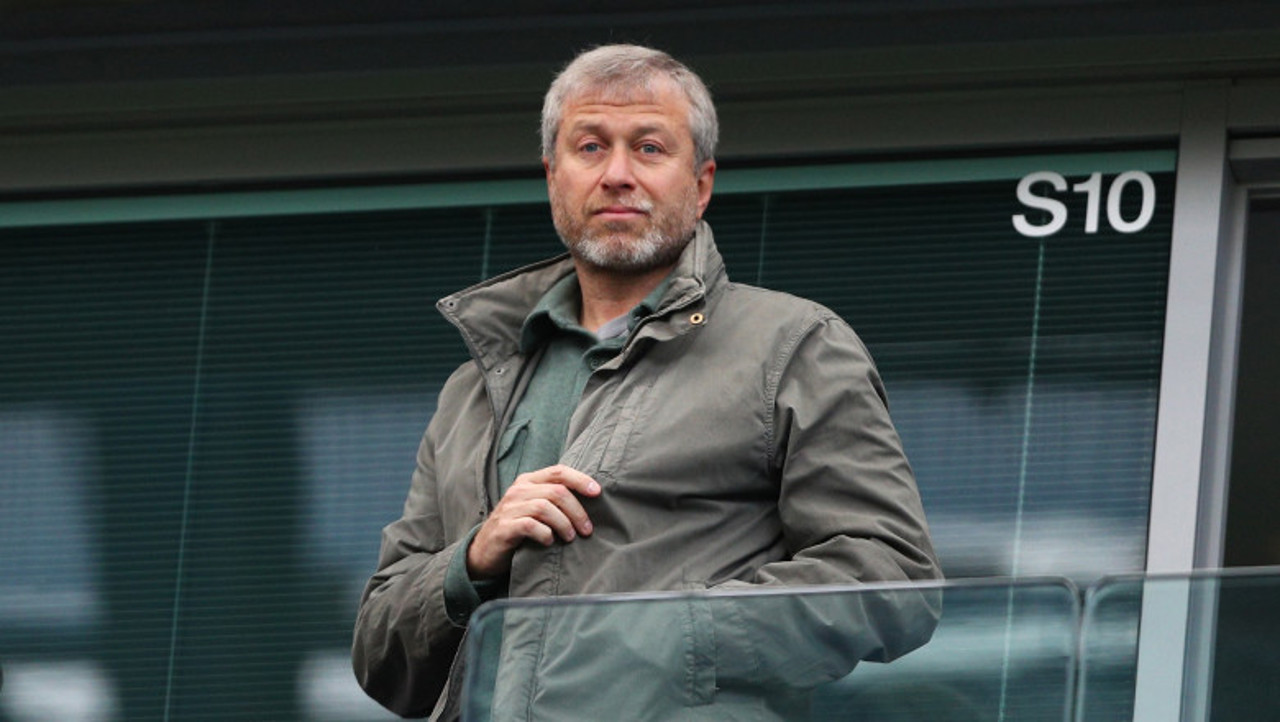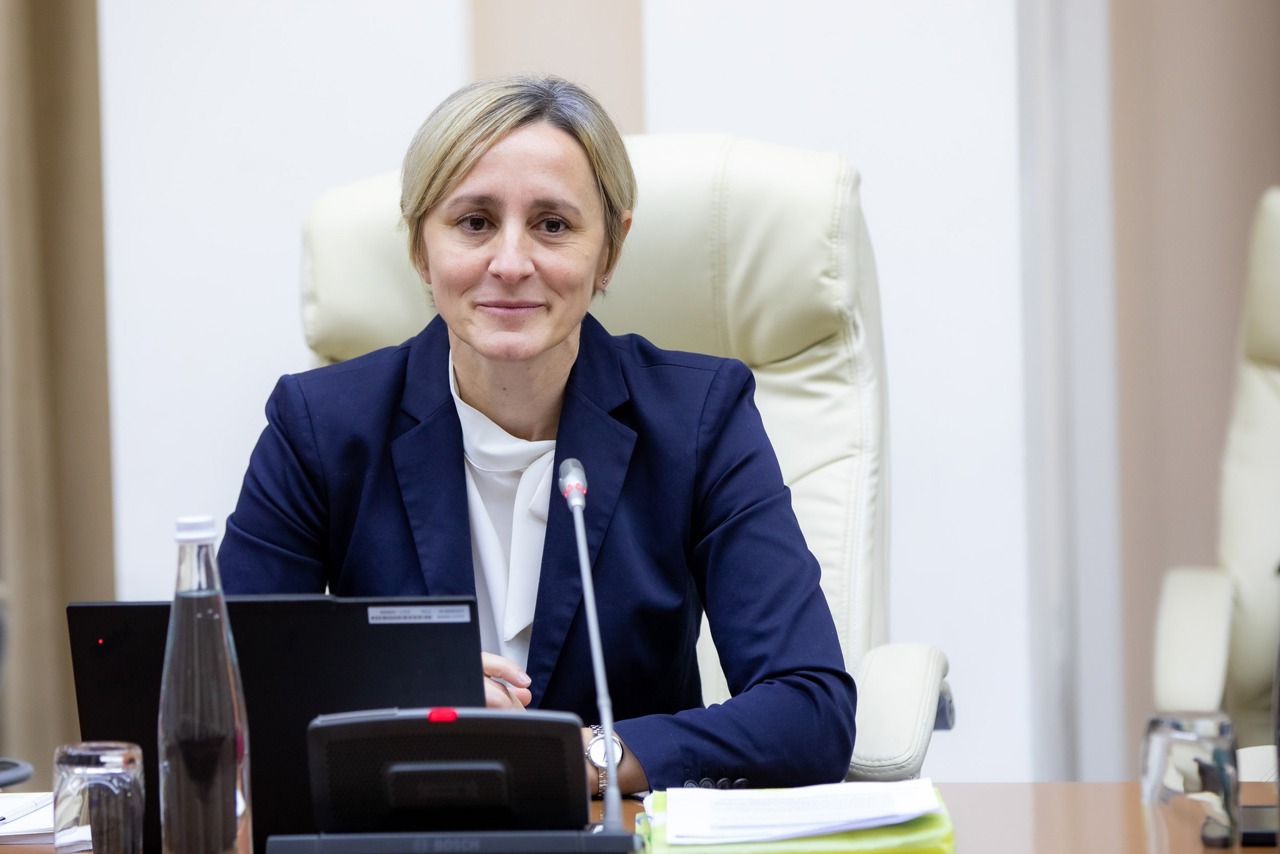EU Leaders Gather in Brussels for Another Summit on April 17-18
EU leaders are gathering today in Brussels for another summit during April 17-18.

The meeting will primarily focus on economic issues and relations with Turkey, but participants will also discuss Ukraine and how the EU can bolster its defence industry to send more weapons to Kiev.
The 27 EU leaders will today discuss sanctions imposed on Russia, not only against industrial or banking entities but also against individuals.
However, a relatively serious image problem for the EU is the fact that some individuals on the blacklists have managed to win in the Luxembourg court and will need to be removed from the lists.
Are the EU sanctions against Russia falling apart?
As the European Union considers expanding the sanctions list, which currently includes 2,177 individuals and entities, three individuals were removed from the list in March, during its routine biannual review, which requires unanimous agreement from all 27 EU member states.
While this is a relatively small number, the individuals removed were notable - Arkadi Voloj, co-founder of the Russian internet giant Yandex; businessman Serghei Mndoiants; and Jozef Hambalek, a Slovak citizen and leader of the Russian nationalist motorcycle club Night Wolves in Europe.
Hambalek was the first EU citizen to be included on the blacklist in 2022. (Some of the other individuals on the blacklist held EU passports in addition to Russian citizenship.) When the entire list is renewed in September, it is likely that more names will be removed, largely due to three recent rulings by the EU Court based in Luxembourg, a constituent part of the Court of Justice of the European Union.
And then, on April 10, the Luxembourg court dealt another legal blow to Brussels when it decided that Petr Aven and Mikhail Fridman, both major shareholders in one of Russia's largest financial institutions, Alfa Bank, should also be removed from the list. Here's what happened with Violetta Prigojina, the mother of the now-deceased Russian oligarch and mercenary leader Evgeny Prigojin. In March 2023, she became the first person to challenge EU sanctions against Russia to win at the ECJ. But the EU then managed to present additional details. Prigozhina has remained sanctioned since then.
To date, 115 cases have been filed with the EU court seeking removal from the list of individuals or companies. Many complaints are filed by wealthy Russian businessmen, sanctioned, who are able to spend huge sums on European lawyers to fight the EU. So far, the EU has won 33 cases and lost only eight - a fairly significant score for Brussels. The recent trio of losses could set a precedent, however, and mean more legal blows for the EU in the coming months.
The Middle East
Then - Israel!... America and Europe urge Israel and Iran to keep calm and avoid escalation, fearing scenarios ranging from another war in Lebanon and blockades of maritime traffic on the world's busiest oil and commercial routes, to a catastrophic confrontation between the two regional powers Israel and Iran.
Before that, there was also an appeal to Israel: French President Emmanuel Macron declared on Monday that allies must "convince Israel that it should not respond with escalation, but rather by isolating Iran and for the West to succeed in convincing the countries in the region that Iran is a genuine danger."
The EU is clearly concerned - but if Israeli Prime Minister Benjamin Netanyahu will not listen to US President Joe Biden, he will hardly heed a statement from EU leaders.
Sanctions against Tehran, then. The EU is also resorting to the old Western tactic of announcing even harsher sanctions against Iran, which so far has not yielded great results.
Several countries have proposed expanding the EU's existing sanctions regime against Iran, which currently targets its drone production for Russia. The plan is to include Iran's missile production and also to sanction production for the Middle East.
Then comes the situation in Lebanon, which is on everyone's mind. Several EU countries, including Italy, France, Spain, Germany, Ireland, and Poland, have troops in Lebanon as part of the UNIFIL peacekeeping mission, and many fear another war that could further destabilise the country, which was once known as the Switzerland of the Middle East.
Lebanon also hosts 1.5 million Syrian refugees and hundreds of thousands of Palestinians - which may not be the top priority for the US, but could clearly trigger a new refugee crisis for the EU.
And - finally - of course: Ukraine. Zelensky insistently calls on the West to defend Ukraine's sky as it does with Israel: Ukraine draws attention to American and European double standards that seem ready to protect Israel better than Ukraine.
AUTHOR: Dan Alexe
Translation by Iurie Tataru





